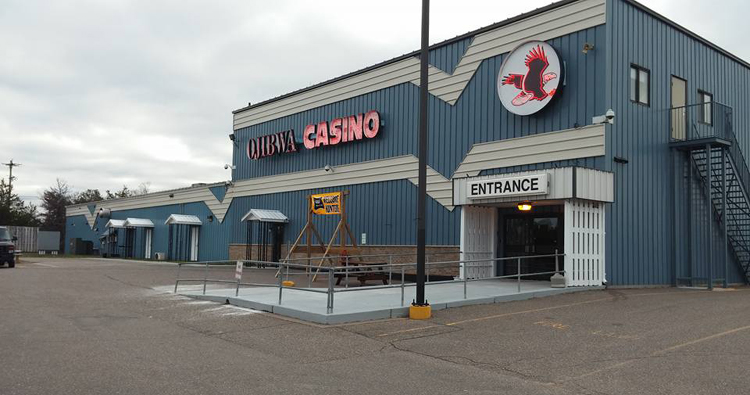Once again Governor Rick Snyder has chosen to pass on the Keweenaw Bay Indian Community’s (KBIC) plans to develop an entertainment complex at the site of the former Marquette County Airport in Michigan’s Upper Peninsula.
According to Upper Michigan’s Source, a letter of intent was sent to Governor Snyder on April 8 by KBIC President Warren Swartz asking that he concur with the Department of the Interior’s approval of the project. However, according to the KBIC, Snyder never responded to the request. Snyder’s lawyer, Dave Nyberg, did respond by sending an email to Swartz on April 22 stating that Snyder was not in agreement with the proposed development.
Nyberg did however, indicate that Snyder may be interested in a “common agreement,” one that would benefit the tribe, as well as the state of Michigan and its citizens. The tribe, however, says that the common agreement is nothing more than a series of demands by Snyder for concessions by the KBIC in the governor’s attempt to sell his concurrence with the federal government, as reported by WNMU-FM.
Last December, Baraga-based KBIC announced that this year they would be voting on two multi-million dollar casino referendums, including money for the renovation of their Ojibwa Casino II in Chocolay Township. However, the tribe wanted to make a final attempt, in what has been a 15-year effort, to relocate the casino to a larger, more visible and centralized property on land that was once home to the airport. Back in 1999, KBIC purchased more than 50 acres for 1.4 million for that purpose and The U.S. Department of the Interior approved the relocation in late 2011, but KBIC’s proposal was rejected by Governor Snyder in June 2013.
KBIC wanted to develop a major tourism entertainment destination where gaming would only be a part of the overall economic plan that according to the tribe would benefit the region. In keeping with that the tribe modified its plans for the new facility and included a branded hotel and waterpark resort, farm to table restaurants, golf course, five-star RV resort, retail outlets, and more.
The tribe had anticipated that during the development of the complex at least 230 construction jobs would be created and once completed, the facility would provide 200 new jobs. That would have meant a total of 350 full-time positions, with another 100 part-time possible during the summer tourism season.
.



